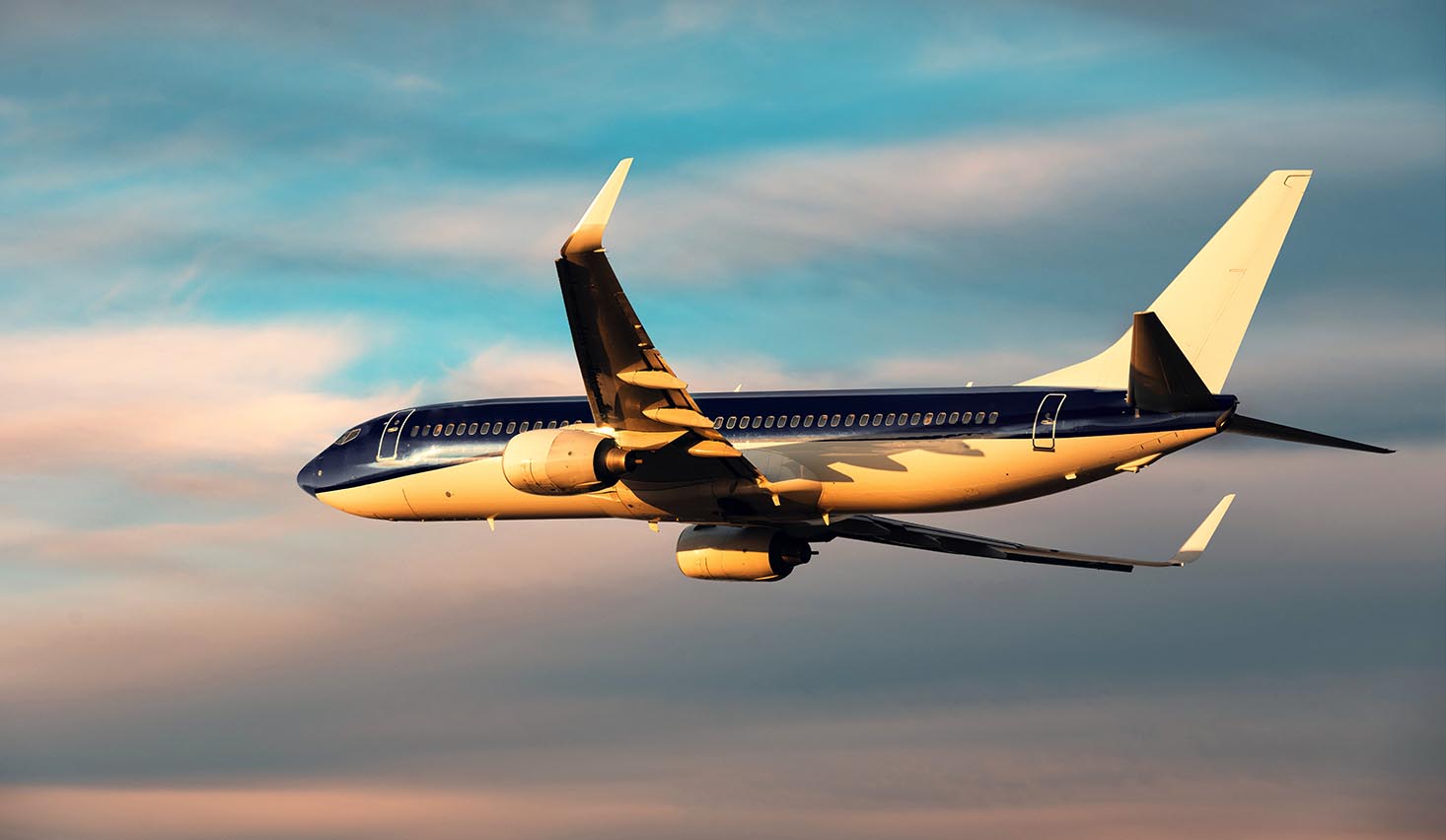
A stormy start to the year for Boeing
It’s not been a good start to the year for Boeing. We’re only just out of the blocks for 2024, and the global aerospace company probably wishes that the year was behind it already.
The company flew into the news agenda on 5 January after an incident that affected one of its Boeing 737 Max 9 planes during an Alaska Airlines flight. Shortly after the plane took off from Portland, Oregan, the aircraft was forced to make an emergency landing after one of its unused doors blew out, thousands of miles above the ground, leaving a gaping hole in its side.
What followed has been a litany of disasters and bad news headlines for the company. The Federal Aviation Administration (FAA) ordered the temporary grounding of 171 737 Max 9 planes operated by US airlines to carry out inspections – forcing thousands of flights to be cancelled. The CEO of Alaska Airlines has said internal checks found “many” loose bolts on its Boeing 737 MAX 9 planes, while the CEO of United Airlines warned that he was rethinking a multi-billion dollar order for new planes after the incident. Both companies are bracing themselves for subsequent financial losses.
Another model of Boeing planes, which uses the same style of panel to “plug” an unused door, is now being inspected as “an added layer of safety”. And if that wasn’t enough, just over a week ago, a Boeing 757 passenger jet, operated by Delta Air Lines, lost its nose wheel as the plane was lining up to take off from Atlanta’s international airport.
No-one has been killed in any of these incidents. But it wasn’t that long ago in 2018 and 2019 where there were two tragic crashes involving Boeing’s 737 Max, in which 346 people died.
These latest events have brought those fatal incidents – along with Boeing’s commitment to safety and the performance of the 737 Max – straight back into the media spotlight and forced the company to focus on the safety and quality of its planes as well its communications response.
Boeing has responded, as you would expect, by apologising. Stan Deal, president and CEO of Boeing Commercial Airplanes, said “We have let down our airline customers and are deeply sorry for the significant disruption to them, their employees and their passengers”, while Boeing president and CEO, David Calhoun, told staff that Boeing would acknowledge its “mistake” and approach the investigation with “100% and complete transparency”.
Boeing’s communications response to the previous events saw the company face a barrage of criticism but the latest response has been swift and decisive, suggesting they have learned their lessons and been working to improve their crisis communications plans.
Front and centre on its website’s homepage is a content box that directs visitors to updates on the 737-9 issue, including all of the press statements and reactions, additional resources, together with video footage of an address given by Mr Calhoun to employees.
Boeing has said it will increase the number of quality inspections; bring in outside experts to review its quality management systems and run team sessions on quality. They are responding to the issue and being open and transparent about how they’re going about it.
But is it enough? The issue comes down to one word – trust. Trust is absolutely essential in any business but in the airline sector it’s crucial and, once lost, it’s hard to regain. And we’re already seeing the impact of this lack of trust in Boeing. A leading online travel agent, Kayak, has added filters to let users exclude flights that use Boeing’s 737 Max planes. Confidence in the brand has clearly been shaken.
It’s possible that trust can be restored, but it will take time. People will want to see that the quality issue has been fully resolved and Boeing will need to maintain its commitment to communication, openness and transparency. These actions will determine how quickly it can rebuild its reputation – and its share price.
This article was written by our chief executive, Angharad Neagle, and featured in the Western Mail on 29 January 2024
